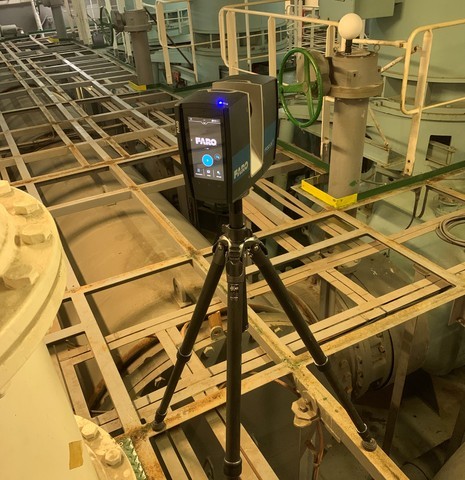As the COVID-19 pandemic has slowed down Albion Marine's team has been extremely busy. We have been of great support to our clients, colleagues, and business partners during this crisis. Our team just completed phase I for an Advanced Air Emission Technology project designed to reduce air pollution emissions in major Canadian ports. Our team works hard to help reduce the environmental footprint of marine transportation. We have also completed the concept design for a 250 PAX hybrid ferry and a HVAC design for FPSO.







